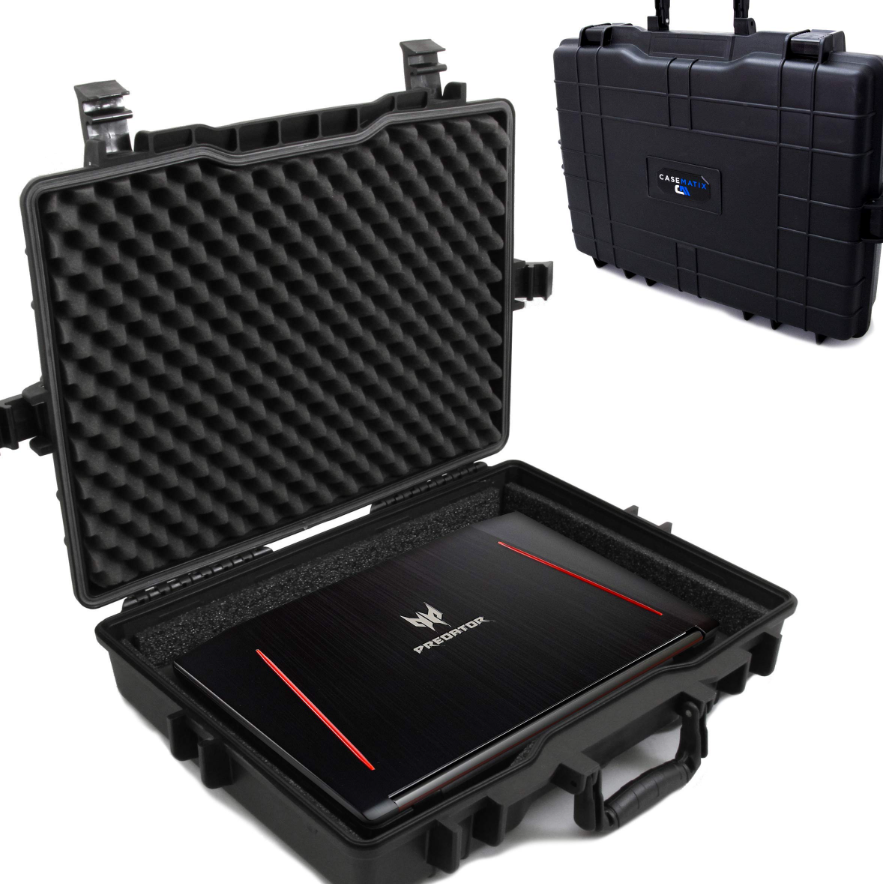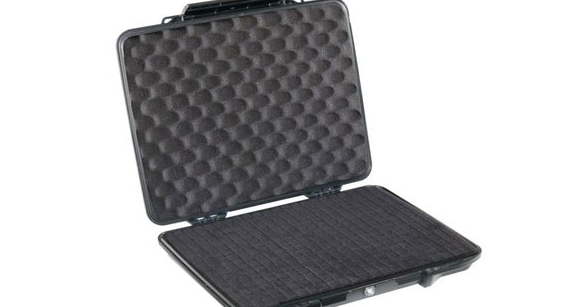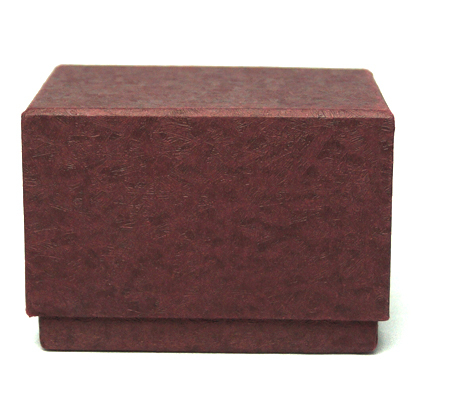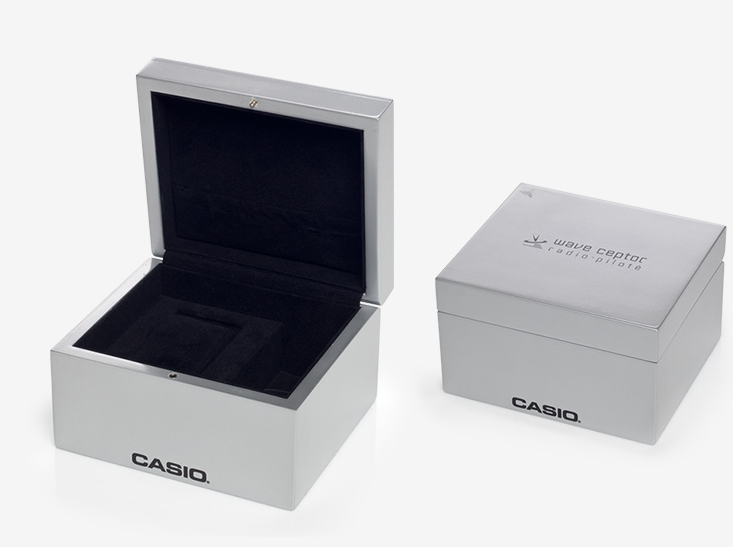No, hard cases are not inherently bad for laptops. They offer solid protection but can have downsides like potential overheating and added weight.
Table of Contents
Understanding Hard Cases
Definition and Features
When we talk about hard cases for laptops, we generally refer to protective shells made from rigid materials such as plastic, aluminum, or polycarbonate. These materials are designed to be durable and resistant to impacts. Unlike soft sleeves or pouches, hard cases offer a more robust form of protection by encasing the laptop in a rigid structure. This design is beneficial for preventing physical damage such as dents, scratches, or even more severe forms of impact damage.
Features to look for in a hard case include:
- Fit: The case should snugly fit your specific laptop model. Poor fit could lead to the laptop shifting inside the case, reducing the level of protection.
- Ventilation: Proper ventilation holes or slits are essential to prevent overheating.
- Access to Ports: A good hard case allows easy access to all ports and buttons without needing to remove the case.
- Material: High-quality materials like polycarbonate are less likely to crack or break upon impact.

Types of Hard Cases
Hard cases for laptops come in a variety of styles and forms. Here are a few common types:
- Snap-On Cases: These are easy to install and remove. They ‘snap’ onto your laptop, offering protection mainly for the back and sides.
- Full-Cover Cases: These cases offer 360-degree protection, often coming with a bottom and top shell along with side protectors.
- Rugged Cases: These are designed for extreme conditions and offer the highest level of protection. They usually come with built-in stands or handles.
- Luxury Cases: Made from premium materials like aluminum or genuine leather, these cases offer protection while also adding to the aesthetics of your device.
Pros of Using Hard Cases
Physical Protection from Impacts
One of the most significant advantages of using a hard case is the solid protection it offers against physical impacts. If you accidentally drop your laptop or knock it against a hard surface, a hard case absorbs the shock and minimizes the damage. Hard cases typically consist of durable materials like polycarbonate that are impact-resistant, safeguarding your device against potential physical damage.
Protection from Dust and Other Particles
With a hard case, you add an extra layer that keeps out dust, dirt, and other particles that could harm your laptop. Many of these particles can find their way into the laptop’s internals through various openings, leading to problems like overheating and reduced performance. A hard case acts like a shield, keeping these harmful particles at bay.
Enhanced Laptop Appearance and Customization
Hard cases come in various colors, designs, and finishes, allowing you to personalize the appearance of your laptop. From sleek and minimalistic to flashy and colorful, you can choose a hard case that reflects your personal style or even one that matches your work environment.
Extended Lifespan of the Device
By protecting your laptop from physical harm and external elements, a hard case can extend the lifespan of your device. With reduced risks of dents, scratches, and exposure to harmful particles, your laptop maintains its performance and aesthetic quality for a more extended period.
Cons of Using Hard Cases
Potential Overheating Issues
While hard cases offer excellent physical protection, they can sometimes obstruct the laptop’s cooling system. If the case doesn’t have adequate ventilation slots, it can lead to the accumulation of heat, causing your laptop to overheat. Overheating is a serious issue, as it can cause your device to slow down, behave erratically, or even suffer irreversible damage to the internal components.
Increased Weight and Bulk
Hard cases, particularly the more robust or rugged types, can add significant weight and bulk to your laptop. This extra weight might not be an issue if your laptop mostly sits on a desk, but for those who are always on the go, this added bulk can become cumbersome. This extra weight can even affect the ergonomics of using your laptop, particularly if you’re someone who often works in various locations.
Difficulty in Accessing Ports or Features
Depending on the design, a hard case might make it challenging to access some ports, buttons, or other features on your laptop. For example, some hard cases might block easy access to an HDMI or USB port, requiring you to remove the case entirely to use these features. This inconvenience can slow down your workflow and become a point of frustration over time.
Potential Wear on Laptop Surface Due to Trapped Debris
While hard cases protect your laptop from external damage, small particles like dust or sand can sometimes get trapped between the case and the laptop. Over time, these particles can cause minor scratches or scuffs on the surface of your device. While these are usually not severe, they can affect the laptop’s resale value and aesthetic appeal.
Factors to Consider When Choosing a Laptop Case
Material and Build Quality
When selecting a laptop case, material and build quality are paramount considerations. Polycarbonate cases offer excellent durability without adding too much weight. Aluminum cases, although heavier, provide a high level of protection and a premium feel. The quality of the material directly affects the level of protection your laptop will receive, so it’s crucial to pick a case made of sturdy, impact-resistant materials. Some materials also offer better heat dissipation than others, an essential factor if your laptop tends to run hot.

Ventilation and Cooling Considerations
Ventilation is a critical factor, especially for laptops that are known to overheat. When choosing a case, ensure it has proper ventilation holes or slots aligned with your laptop’s cooling system. This alignment will help prevent overheating issues and maintain optimal performance. If your laptop has cooling fans on the bottom, for example, make sure your selected hard case accommodates this design.
Fit and Accessibility to Laptop Features
A case that doesn’t fit well can do more harm than good. Make sure the case snugly fits your laptop model, offering unhindered access to all ports, buttons, and other features. Some cases may obscure access to USB ports, HDMI connections, or even the laptop’s power button, which can create inconveniences. A good fit also ensures that the laptop doesn’t shift within the case, which is essential for effective protection.
Price and Brand Reputation
While it might be tempting to go for the cheapest option, remember that you often get what you pay for. Investing a bit more in a reputable brand can offer better protection and a longer-lasting product. Brands with positive customer reviews and a strong reputation in the market are generally more reliable. However, it’s also essential to strike a balance; the most expensive case is not necessarily the best one for your needs.






